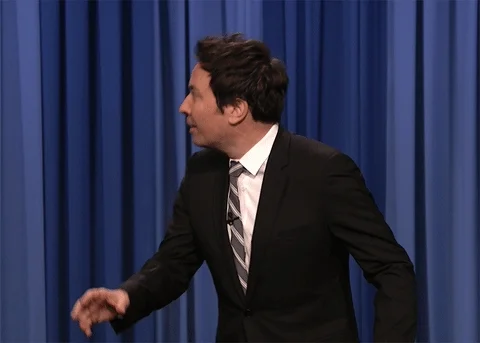
This logo isn't an ad or affiliate link. It's an organization that shares in our mission, and empowered the authors to share their insights in Byte form.
Rumie vets Bytes for compliance with our
Standards.
The organization is responsible for the completeness and reliability of the content.
Learn more
about how Rumie works with partners.
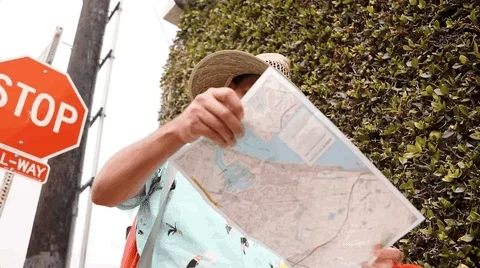
Have you ever been lost in town in an English-speaking community? Many people don't feel confident enough to ask or give directions in town in a foreign language.
Knowing what to expect in that situation can help you (or the person asking you) get to the destination easily and without confusion.
Break the ice
The first thing you should do is ask for directions in the right way. Imagine you're walking in town. People come and go on busy streets, and you must interrupt them while they're on their way.
Start by saying:
Excuse me.
Are you from around here?
I'm looking for this address...
Use a polite tone and ask people if they can help you.

Ask the right questions
Time to help
If someone asks you for directions, give clear instructions and use short sentences. Try to organize your ideas to make the steps simpler.
Step 1: Say if it is far or near
You're going in the wrong direction. You should be walking that way.
That's four minutes away from here.
It's too far. You should take [the bus/train, etc.] to...
Step 2: Use imperatives for clear instructions
Go up/down/along [street name]
Turn left/right onto [street name]
Continue past [a specific place]
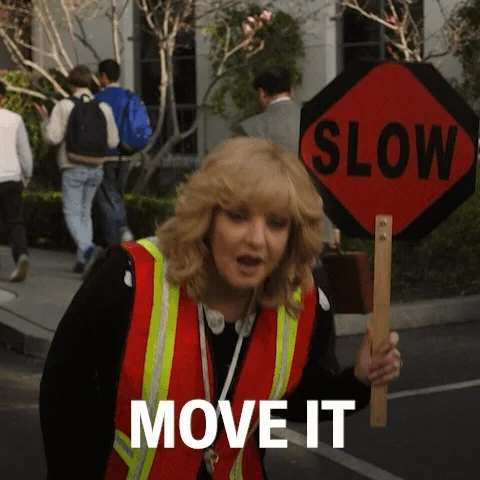
Add more details
Offer details that would be useful to get to the destination easily. Consider the following examples:
Step 3: Add concrete details
The hospital is in the middle of the block, right next to the Thai restaurant.
The library is just around the corner.
The school is between the clothes shop and the coffee store.
Step 4: Offer warnings
There might be a traffic jam there right now.
You might find road repairs.
There is no parking available in that place.
It's not a safe place to go at night.
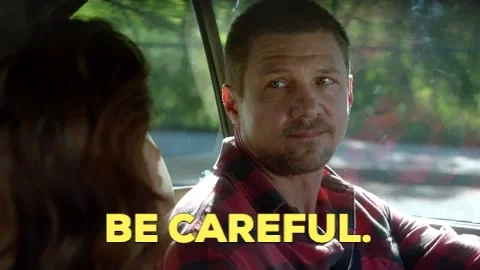
Quiz
Imagine someone asks you, "How can I get to the nearest hospital?" You know how to get there. Select all possible answers you could give:
It's essential to keep instructions specific, simple, and clear — and don't forget to be polite and nice to people!
Sorry, I'm not from around here!
It might happen that you're not from this town and you can't help. Or maybe you've always lived here but you don't know that street or place. Apologize politely:
Sorry, I've never been there before.
Sorry, I'm just a tourist here.
I'm afraid I can't help.
No idea, sorry! I don't know the way.

An example
Let's put it together! Here you will find a dialogue between Rachel and Tom to practise.
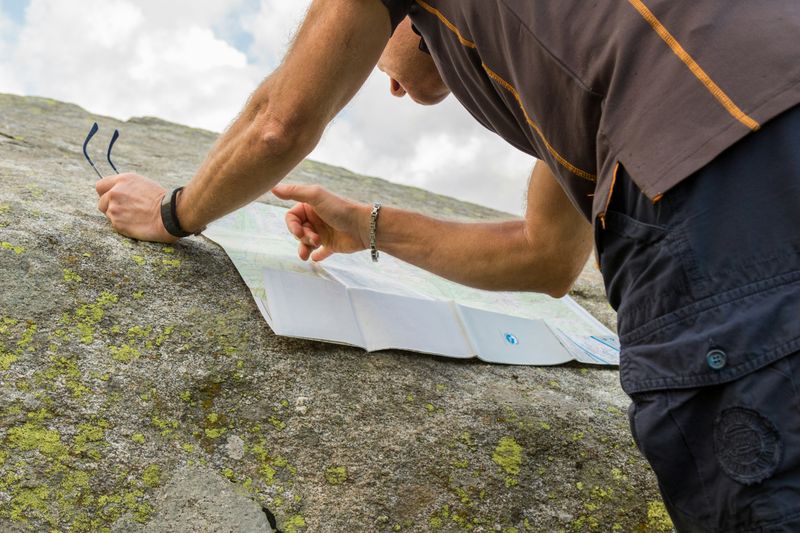 Photo by Luca Nicoletti on Unsplash
Photo by Luca Nicoletti on UnsplashRachel: Excuse me, I'm lost. How can I get to the train station?
Tom: Hi! Let me help you. It's three minutes away. It's not far. Go ahead for one block. Turn left onto Picadilly Street and walk for two blocks.
The train station is right opposite the shopping mall.
Rachel: Thank you!
Tom: You're welcome!
Quiz
If "Of course, it's not far from here" is the answer, what's the right question to ask?
"Of course" is a polite way of saying, "Yes, I will help you."
Take Action
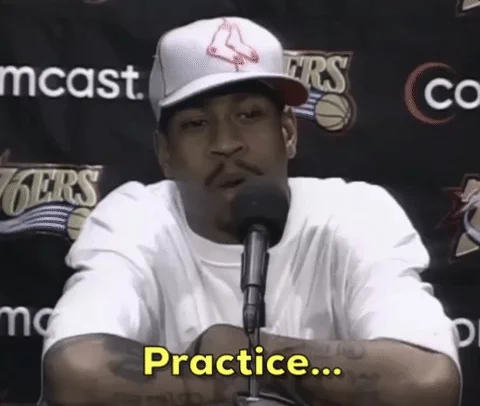
This Byte has been authored by
Romina Marazita
Instructional Designer / Neuroeducator /
MD
